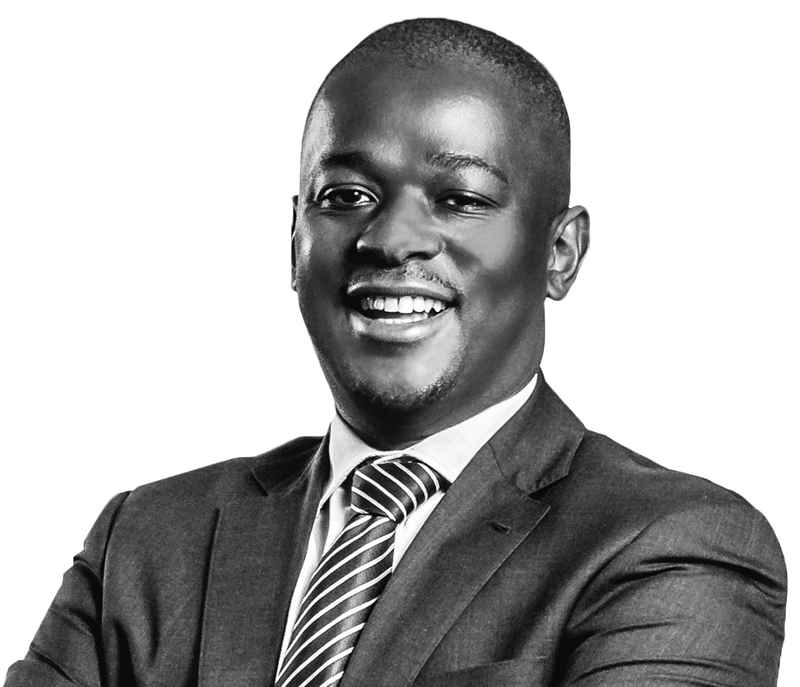As the future of SA Airways (SAA) hangs in the balance, it’s the airline’s exceptional rank and file who are bearing the brunt of this colossal failure of governance. They – the ground and flight crew, stewards and stewardesses, and pilots – are doing this despite the fact that if you pick up any newspaper, you’ll read some horrendous report about the airline’s finances or awful governance.
Yet Finance Minister Malusi Gigaba has seen fit to extend the tenure of board chair Dudu Myeni until November, and the beleaguered airline is in line for yet another bailout, this time of R10 billion. Gigaba seems to believe that SAA can be saved by further rounds of funding. His dogged conviction on this point makes one wonder to what extent it could be a case of protecting the gravy train: as it stands, all MPs – incumbent and former – get free flights worth millions of rand every year.
But while the debates drags on, the ground and flight staff are doing their jobs regardless of poor management, apparent corruption and an embarrassing board.
A few weeks ago, I returned on a flight from Mauritius to Johannesburg, and my experience of SAA was nothing short of first-rate. The four cabin attendants reflected the diversity of our nation, and were friendly and professional. There was a vibrant team spirit among them, and the service and the food were great. It was African hospitality at its best.
I live in Cape Town, so the experience made me long for the days when Capetonians flying to London still had a choice between SAA and British Airways (BA). This was doomed by a foolish act: the sale in 2012 of one of SAA’s prime landing slots at Heathrow Airport for R300 million, when it halted direct flights from Cape Town to London.
Even at that time, I much preferred flying SAA to BA because of the superior in-flight service and overall experience. These days, direct flights to London with BA are rather drab; with its ageing fleet of 747s, tatty interiors, impersonal service and uninspiring on-board catering, it seems the airline’s glory days are over.
The one airline SAA would do well to emulate is Dubai-based Emirates, which is essentially state-owned but run on a commercial basis. Emirates gets no financial support from government. If it weren’t for the layover in Dubai en route to Europe, Emirates would be my preferred carrier.
Can you imagine the effect that the (failed) R2 billion equity deal that former acting SAA CEO Nico
Bezuidenhout arranged with Emirates in 2015 might have had on the fortunes of our ailing airline? Instead, the deal with Emirates was inexplicably canned at the last minute – reportedly by Myeni.
MISSED OPPORTUNITY
Had SAA been set on a proper commercial course two years ago, it may well have avoided its current woes. The warm and professional service on Emirates would have resonated with SAA’s staff.
Government, the current shareholder, has shown repeatedly that it can’t be trusted to turn SAA into a profitable business. There are just too many vested interests – including all the free-riders on board (MPs as well as those benefiting from sponsorship deals).
Of course, we should give newly appointed Vuyani Jarana, who is set to join SAA as CEO after a 22-year stint at Vodacom, the opportunity to fix things. But it’s doubtful he’ll be able to achieve much without full or even partial privatisation, including a partnership or merger with an international airline that is commercially managed.
No one deserves this more than SAA’s employees. Despite being led by an incompetent and corrupt management team and board, they simply knuckle down. The crew continues to deliver against all odds. It is they who are the biggest casualties of the Myeni era.
*This article appeared as an opinion piece in Financial Mail yesterday.
